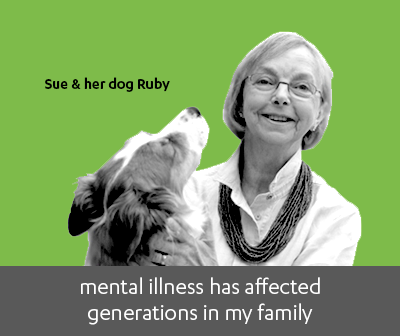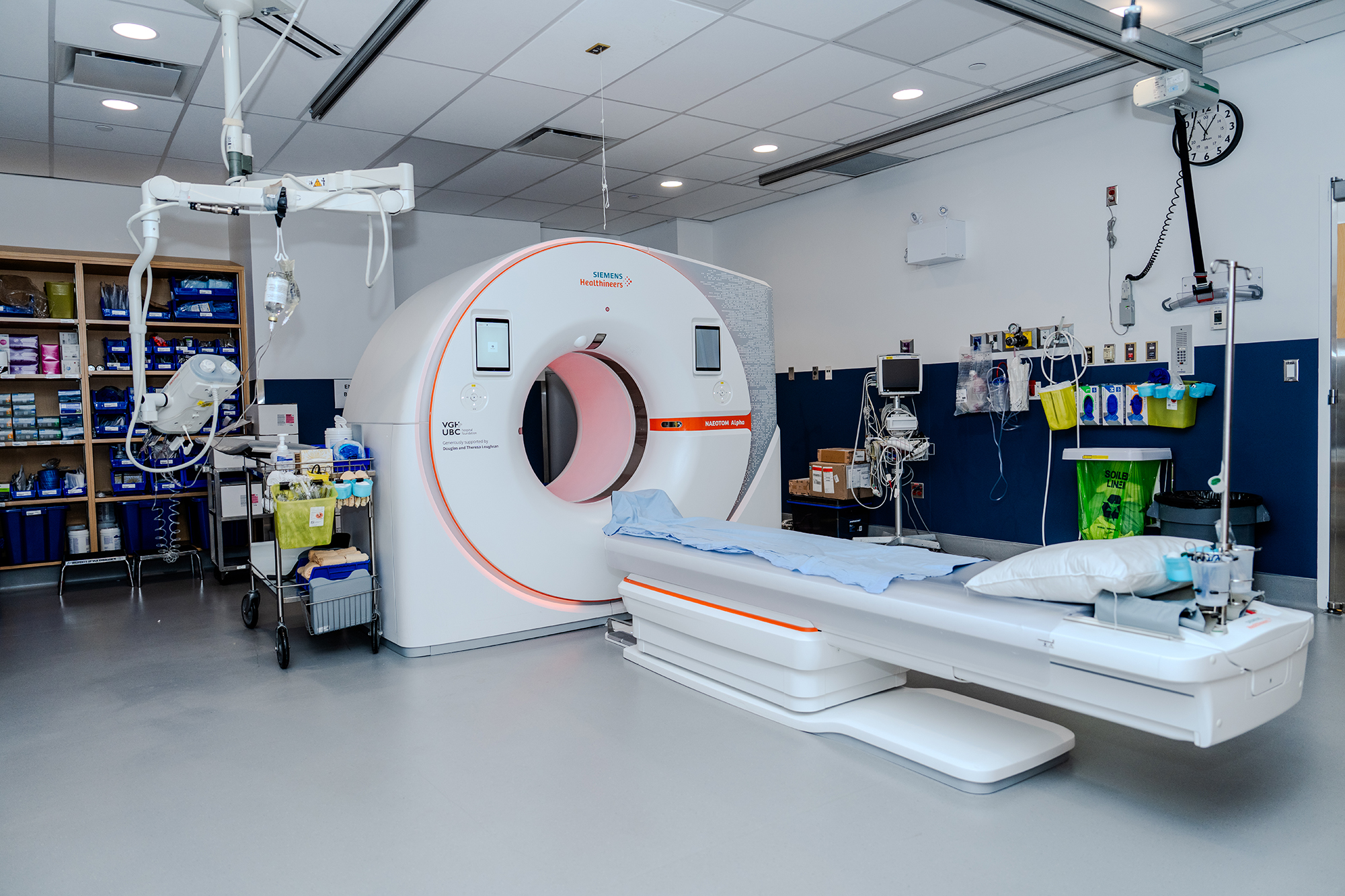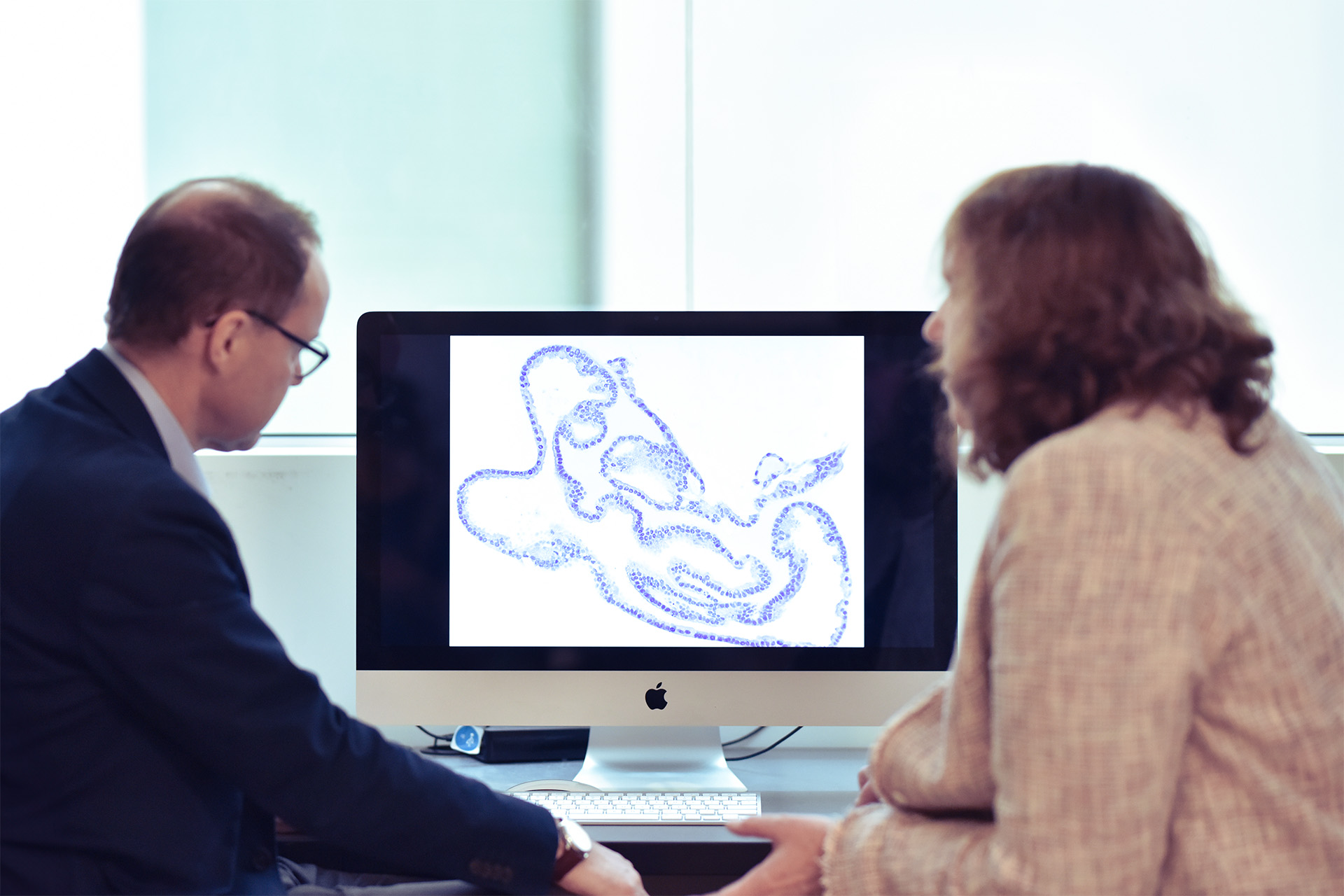 How has mental illness impacted your life?
How has mental illness impacted your life?
I lived with a bi-polar undiagnosed mother until I was 19. I had a missed post partum depression in 66. thereafter had periods of acute and deep depression which would eventually lift. finally diagnosed myself and sought help. Since 88 have had exemplary care from UBC. My mother and grandmother committed suicide. My paternal great grandfather committed suicide. I have had a plan in the past. Diagnosis and treatment ( pharmacology and cognitive therapy has saved my life and my 50 yr old marriage. Two of 3 children are affected and my diagnosis when they were young adults allowed free discussion and professional help for both of them. I keep a transatlantic eye on a niece in the UK who reminds me of my mother. My diagnosis and help living with depression had a positive effect on the last 20 years f my clinical practice,counseling and monitoring through out reach the UBCs Parkinson’s Research Centre.
What is the biggest misconception about mental illness?
1 No one is talking about it. EVERYONE IS TALKING ABOUT IT and has been ever since people like Walter Cronkhite went public. If you look for stigma you will find it and that is all researchers are looking for.
2 ECT is bad for you . Families frequently force depressed family members to refuse this treatment. There is a stigma attached to this treatment and this denies many patients excellent treatment.
3 Antidepressants are bad for you. Once you do feel better you can stop the drugs. antidepressants are not antibiotics.
4 Schizophrenics are generally safe living on their own. They are seriously ill people will a poor record of self care. On the streets they are a huge drain on mental health resources placing themselves and others at risk.
5 Children to not get mental illness. Look at 1st year college suicide rates.
What needs to happen to end the stigma and shame associated with mental illness?
Myths need to be dispelled about treatment. It is safe. Public need to know as William Stryon wrote in Darkness visible- If a depression was a physical illness we would be in the ICU hooked up to life support. Mental illness is not a defect of character. It is the result of disturbed brain chemistry. We do not tell diabetics to ;Buck up” we direct them to good care. If patients knew this was a ‘disease’ just like diabetes. They would be more likely to seek care. Patients do not seek help because of the stigma they don’t seek help because they do not believe they are ill. the Stigma often often lies at the feet of family and friends.
Why should people (who think they are unaffected) care about mental illness?
Mental illness can be invisible. Once treated I lost one day’s work the task and routine of life kept me going. People with mental illness are at increased risk for other destructive behaviors, addiction and suicide,destroying relationships. Untreated mental illness whether because of the stigma associated with seeking it or the lack of insight that anything is wrong is a significant financial and societal drain on productivity, sick days, poor performance, destroyed relationships not to mention the cost of antidepressants thrown away after a 48 hour trial.
What would you say to someone who is suffering from mental illness and doesn’t know where to turn?
The person has to recognize something is wrong and go to their GP for appropriate treatment and referral.
What has helped you manage your mental illness?
Drugs, a year’s cognitive therapy that allowed me to change some negative behaviors. Regular follow -up with psychiatrist and total cooperation with my GP particularly since I left UBC and Vancouver 7 years ago.
What gives you hope for your mental illness?
I have lived with bipolar illness -treated since 88 ( I’m 71). I have hope because I enjoy waking up every morning. I love the outdoors ad sunshine (used to want to isolate in the dark). I tolerate my drugs well.
Questions and comments
Interesting forum. In my specialty people have been looking at caregiver burden for the last 50 years and the leader in the field suggested that ‘we have enough already’ in 1989. If you look for burden you will find it.. If you look for stigma people will find it for you when it’s actually something less pejorative-ignorance, knowledge.
More support is needed, please donate.
Share this:



